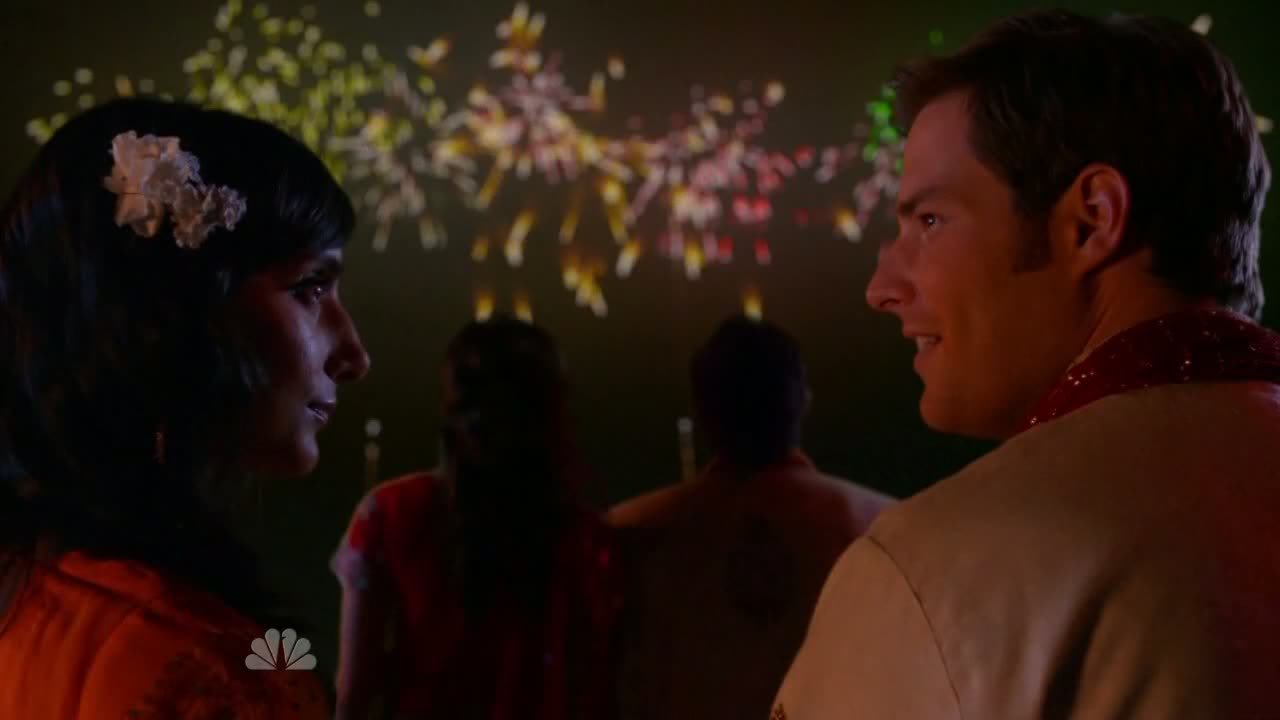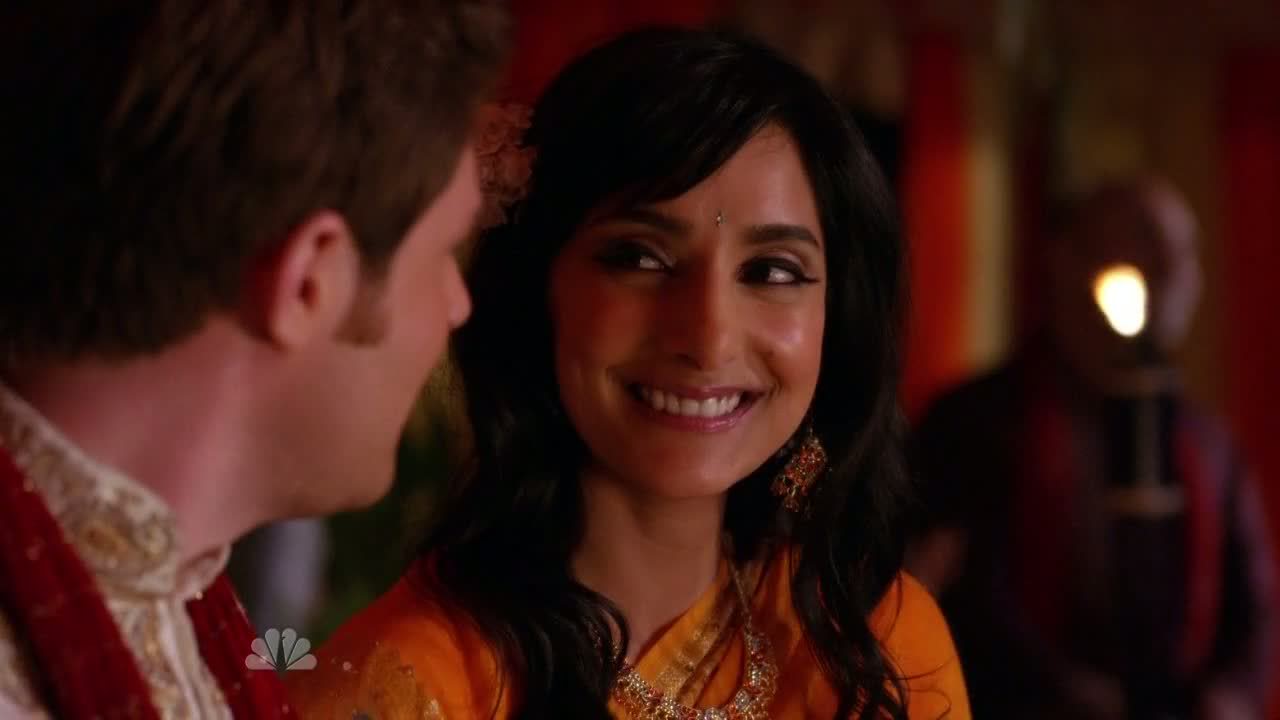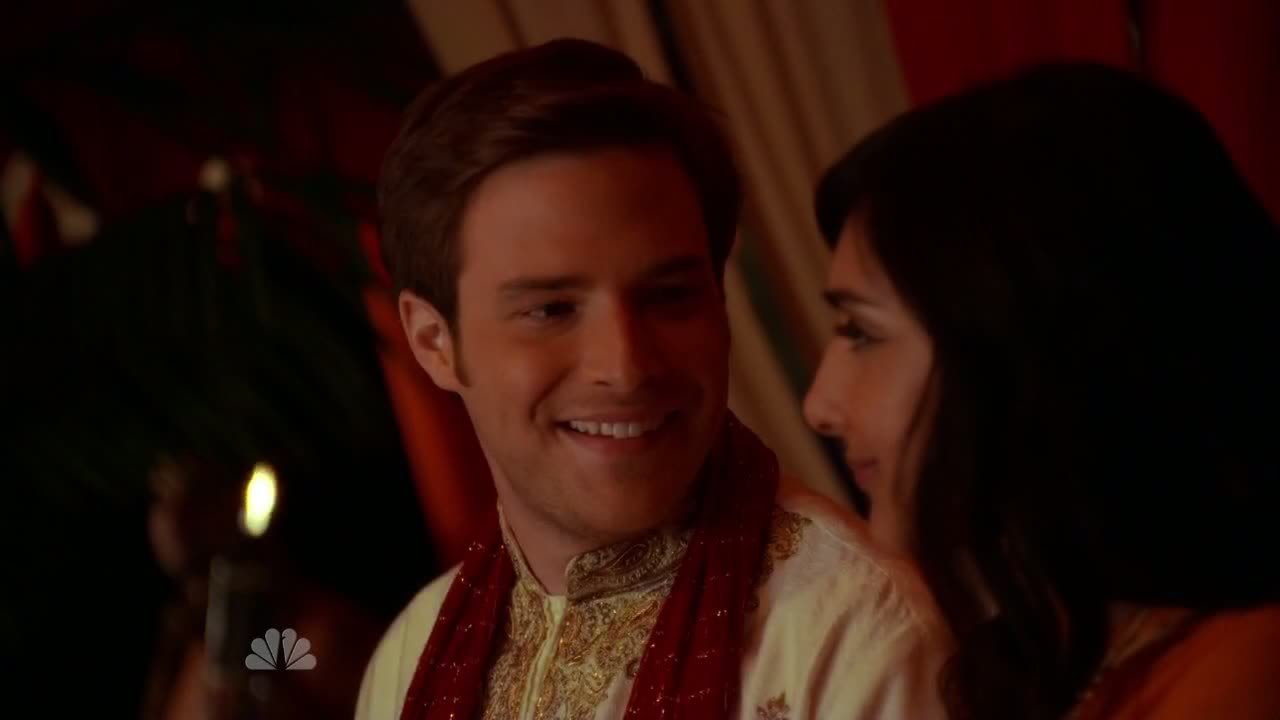Outsourced may not see a 2nd season, but it did produce 22 wonderful episodes in its first, and sadly only, season. Not only did the series successfully entertain and charm those who did watch with its loveable characters and relatable stories, it also opened a door that should’ve been opened a long time.
Before the season began it seemed like it was the trendy thing to do to hate Outsourced and scream “racism” just like it was (and still is) trendy to hate NBC itself.
While it definitely isn’t the only reason for Outsourced‘s cancellation, the fact that it featured a predominantly Asian cast, let alone a predominantly Indian/South Asian cast, is an interesting thing to consider.
America is an incredibly diverse country and though it took a while and will take a while for the country to be welcoming to all, it won’t be long before minorities become the majority of the population.
Race and ethnicity continues to be an ongoing discussion in the United States, sometimes clouded by agenda or discrimination. But in mainstream media, race and ethnicity takes a backseat to familiarity which has contributed to the rise of ethnic media on television, in music, in film, in print and online.
Because for ethnic minorities in the United States, the mainstream media lacks representation of them, so they must search elsewhere. Save for the cliché “token” minority on various broadcast television series, there is a lack of realism in terms of representing the American population which in turn presents a lack of opportunities for minority talent and creatives.
A recent example is NBC’s drama Trauma which was set and filmed in the San Francisco Bay Area, one of the most ethnically diverse regions in the country. However, you wouldn’t know it from watching the series. Though the main cast was itself more diverse than most primetime series, its guest cast of patients and emergency victims were largely white or black and nothing in between. Save for one episode that featured a raid of a sex trafficking ring in Chinatown, it seems none of the more than 1.5 million Asian and Asian-American citizens of the Bay Area ever needed medical help.
So when series that, by premise and/or location, lend themselves to featuring ethnic minority characters and actors fail to do so, we end up with having to set series completely outside the United States to actually see more than one or two minorities on the same program, such as with Outsourced.
Maybe a series that not only featured a cast mostly of South Asian descent, but a series centered on an entirely different, non-American culture was too progressive or advanced for the greater American audience.
Or maybe in a society that is so overly conscious about race and ethnicity and one with an irrational fear of being politically correct, genuine concern for the respect of other cultures and people melt into veiled discrimination, ignorance and xenophobia.
And of course at its shallowest, there’s the sheep, the mob mentality that starts when the idea of a series featuring ethnic minorities would automatically be somehow racist and offensive, so why not jump on the bandwagon without getting a full, clear picture before passing judgment.
But NBC deserves kudos (yes, NBC) for at least putting a series like Outsourced on air. It was certainly a huge risk, not because it was racist or offensive, but because it was so different from the rest of primetime that it surely would not be the first choice for programming of half of America.
Outsourced was a fun, enjoyable and very respectful celebration of Indian culture. A culture that most Americans probably know nothing about. And even though the series featured foreign customs and traditions and culture, it also featured relatable themes about work, friends, love, and family that in the end, helped bridge that gap between cultures.
One can hope that at the very least, Outsourced has opened a door for more diversity on broadcast primetime. There is a wealth of talent that hasn’t been given the opportunity to shine. Outsourced was a great example of that with its talented ensemble.
Just because niche cable channels that deliver content from specific cultures and people, doesn’t mean broadcast nets need to keep their view narrow.
Featuring ethnic minorities doesn’t necessarily mean a series focusing on specific cultures or races. There are plenty of roles that do not require a race or ethnicity to be attached to it.
People complain about the uniformity and sameness of broadcast primetime these days, with more and more people turning to cable for their television. Maybe this is the perfect time to do something different and tap into something that hasn’t been touched on in a major broadcast production before. There are almost 7 billion people in the world. Six and a half billion of those people are beyond the American border. There’s got to be a few stories worth telling right?




